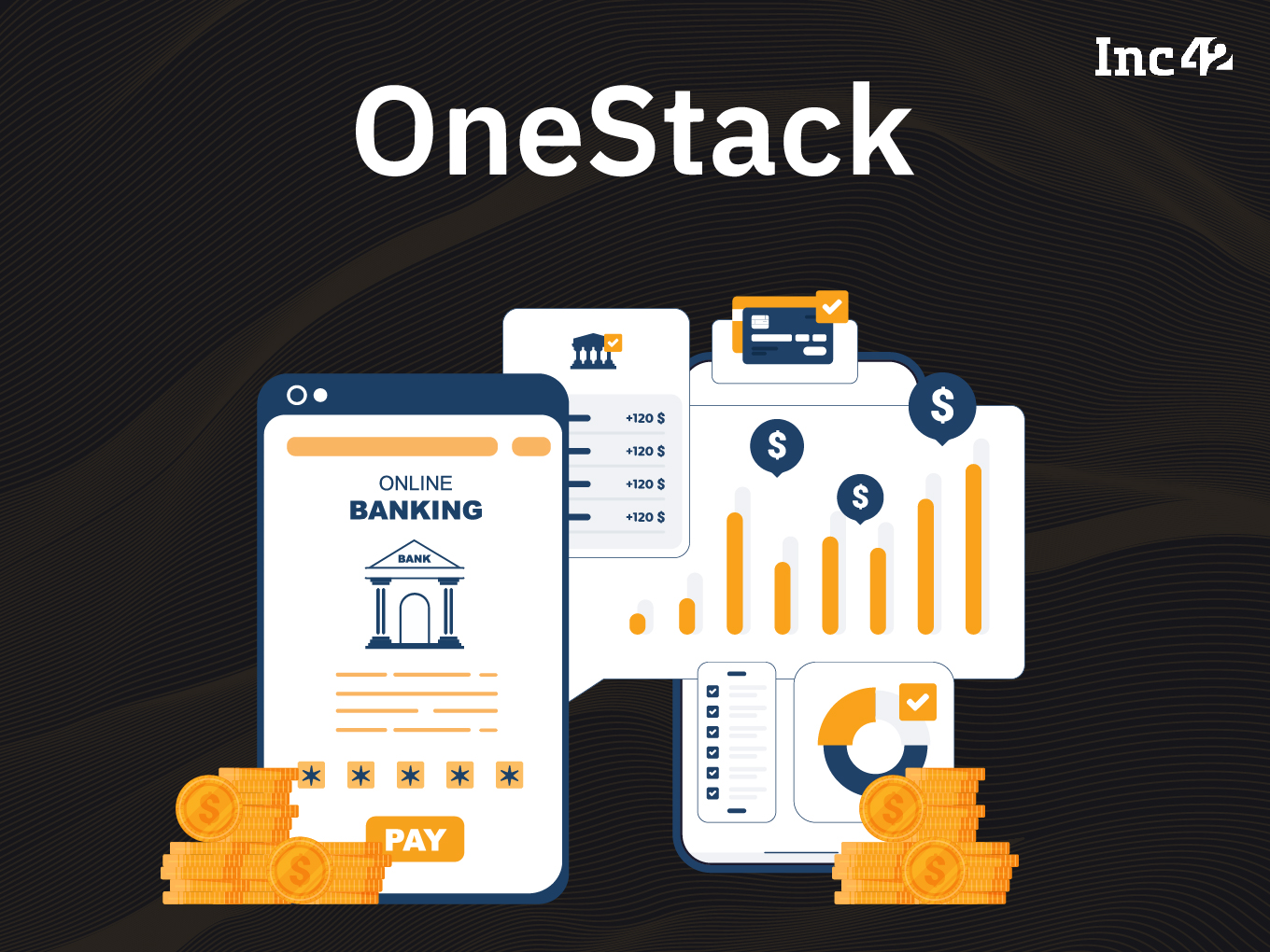If you look around will find startups emerging anywhere. in different parts of the world, startups are flooding the whole marketplace. Even students in schools or educational institutions are being advised to look for a job and not wait for their graduation. Nowadays, on the front pages of newspapers and magazines, you can found stories and tales of startup business owners and entrepreneur that serve as an encouragement for more people to create ideas which are worthy to invest in.
In this article, you can find the answer to a hard question in which every person has a different answer to that. What is a startup?
Startup: What Is It?The Startup Terminology HistoryWhy Startups?Understanding the StartupStartup vs Small Business or Other CompaniesTypes of Startup (Details in this article):
Lifestyle Startups (Self-employed folks) Small Business Startups: (Feeding the Family) Scalable Startups: (Born to Be Big) Buyable Startups: (Born to be bought) Large Company Startups: (Innovate or die) Social Startups: (Mission – Difference)Some Startup Phrases You Should Know
Startup: What Is It?
As you know, there’s no universal definition for that, Steve Blank who is known as the father of innovation in Silicon Valley maybe comes closest, saying, “It is a temporary organization designed to search for a repeatable and scalable business model.” This definition also explains why startups are also commonly called ‘growth stage companies’. Therefore, companies already have such a business model and are focused on successfully executing it but startups look for an attractive business model.
The Startup Terminology History
Regardless of entrepreneur and innovation being older terminology and yet still also being often misunderstood or mixed with terms like small and inventions business owners, those are still already much built terms than “startup” – a term that developed from US. in late 70’s and became public in the late 1990’s as part of the technology and bubble that finally burst around year 2000.
Startup term appeared to identify and describe a new or early-stage company with higher than usual growth potential due to technology it was developing. This indicates that for that growth potential to be possible, it was relaying to new technology and since 90’s also to the internet as the high growth enabling factor. These type of startups were known as internet startups or in general technology startups, and as such the term “startup” is still mainly referred to as “technology startup”.
Identify and evaluate the startup potential, is from the key parts they are composed for example innovativeness, tea, and growth and from their current development phases on their journey, instead of type, age, size, or funding rounds, for best provide the type of support they need in their current stages and going forward.
Why Startups?
They are optimal vehicles to validate and bring new innovations to the markets. Startups generate most of the new jobs, attract international talent and foreign investments. Over the last twenty-five years, all of the private sector jobs have been built by businesses less than five years old.
Understanding the Startup
Startup and a small business start from an idea, and the money of founder’s own or friends/family or a bank loan. Also, a successful startup receives funding from a venture capitalist, angel investors or IPO. With each funding, an investor gets a part of the company and becomes a co-owner of the startup.
In the early stages, startups have little or no revenue coming in. They have an idea, and they must develop it, test it, and market it. Therefore, that takes significant money, and owners of a startup have several potential sources to tap.
Small business loans from banks or credit unions as traditional funding sources, loans from local banks as the government-sponsored Small Business Administration support, and grants made by nonprofit organizations.Mentoring, office space, and seed funding to startups that provide with incubators, often associated with business schools and other nonprofits.Angel investors and Venture capitalists(VC) effectively seek out promising startups to bankroll in return for a stake in the company once it gets off the ground.Founders of a startup have three primary functions:
Suggest a vision of a specified product with several featuresSeries of hypothesis regarding every piece of the business model, which contains the customers’ identification, distribution channels and how the company will be built and financed. Validate quickly if the business model is correct through seeing whether the customers behave as predicted by the model.Startup vs Small Business or Other Companies
Startup and Small Business only going to say that these two business models have different driving forces. The goal of a startup is to disrupt the entire market with a scalable and impactful business model while the objective of small business owners is to be their own boss and build a name in the local market.
Any type of startup and other small business/companies are different for a number of reasons; the way they think about growth. Startups are different from traditional businesses primarily because they are designed to grow quickly. They can sell products or services to a very large market. For most businesses, this is not the case. This is the reasons that most startups are tech startups. They can more easily reach a large market.
According to Steve Blank, the search for a scalable and repeatable model need to follow the scientific method approach which is based on empirical validation, testable hypotheses of such hypotheses through experiments and result in analysis. This scientific approach, also known as “the lean startup method,” created by Eric Ries, an entrepreneur in which Steve Blank invested, helps entrepreneurs to significantly reduce the initial risk of their startups. In general, it reduces the inherent risk of launching a new product, making it work for mature companies and startups alike.
Steps of the Scientific Method — Sciencebuddies.org The Lean Start-up Methodology — Eric RiesThis is why some startups that experiment quickly have maximum chances of success. Why? Because they quickly gain knowledge on the keys to their business model which helps them to reduce their risk as early as possible. According to Steve Blank, the key features you should experiment and validate with while launching your startup is valuable to focus on “customer discovery” and “customer validation” which also known as “Product/Market fit.”
Types of Startup
Steve Blank introduces six different types of startups:
1. Lifestyle Startups (Self-employed folks)
They are living their preferred lives while working for themselves. For instance, in Silicon Valley, such professionals are freelance web designers or coders, who love their jobs, because of passion.
2. Small Business Startups: (Feeding the Family)
This type is grocery stores, bakers, hairdressers, carpenters, travel agents, electricians, etc. They are working to feed the family. They are not designed to scale.
3. Scalable Startups: (Born to Be Big)
Google, Facebook, Uber, and Twitter are just the latest instances of scalable startups. From the very beginning, their founders believe that they are going to change the world.
Such startups hire the best and the brightest. They always search for a scalable and repeatable business model. When they find it, to boost their businesses they start to look for more venture capital. Often these startups group together in innovation clusters (Silicon Valley, New York, Shanghai, Boston, etc.).
4. Buyable Startups: (Born to be bought)
Recently, some startups that offer Web and mobile app solutions, are sold to larger companies. This tendency becomes more popular. Their aim is not to build a billion-dollar company, but to be sold to a larger company for good cash.
5. Large Company Startups: (Innovate or die)
Large companies have a certain life duration. Changes in preferences of the customer, new technologies, issues of legislation, new competitors generate pressure, forcing big companies to create new innovative products for new customers in new markets (i.e. Google and Android).
6. Social Startups: (Mission – Difference)
They are driven to make an impact. However, unlike scalable startups, their mission is to make the world a better place for an idea, not for wealth’s sake.
Some Startup Phrases You Should Know
Angel: A person who invests its own money during the early stages of a startup. B2B: Business to business. It targets other businesses with their services and products. B2C: Business to consumer. Offer products and services directly to consumers.Benchmark: measure a startup’s progress by a set of goals.Bootstrapped: A company funded by incoming revenue or its owners or, rather than taking on outside investment.Capital: Amount of money is available to startup to use to build, grow a business.Convertible Debt: An agreement between an investor and a startup for funding. Due Diligence: The process of investigating and analyzing a company to make sure all the facts and figures are correct and to expose any potential issues.Enterprise: A product made for businesses rather than individuals.Equity: The business ownership percentage. Equity Financing: Selling equity of a company to raise capital.Exit Strategy: A strategic plan for an owner to move to the next level of the business. Ground Floor: The very beginning of a company or the earliest point of a startup.Incubator: An organization that offers support, help, and mentorship to startups and also known as an Accelerator.IPO: Initial Public Offering: When shares of stock in a startup or are offered to the public through the stock exchange.Lead Investor: The investor that invests the most capital in a specific round of funding.MVP: Minimum Viable Product: The first version of a product or idea that can be tested in the market. NDA: Non-Disclosure Agreement. An agreement to protect sensitive information by not sharing it with outside parties.Pivot: Quickly changing goals or direction in a startup to reinvent itself.Preferred Stock: It carries better voting rights than common stock.Proof of Concept: Demonstrating that the market needs a certain product or service and that people will pay for it. ROI: Return on Investment. The expected benefit from making a financial investment.Round: The process startups to boost capital from venture capital firms. It starts with a Seed Round, followed by a Series A, Series B, and Series C.SAAS: Software as a Service. A software or application that is hosted and accessed remotely usually over the internet. Seed: The first round of investments.Term Sheet: The outlines the main points of an investment that is a non-binding document.Valuation: The process of determining the value of a company.VC: Venture Capital.Venture Capital: The amount of money that is invested by a VC firm to a startup company.Venture Capitalist: An investor who helps startups grow by providing capital.How do you define a startup? Let us know in the comments.
The post Startup Meaning and Definition appeared first on Startupik.

 4 years ago747
4 years ago747







 English (US)
English (US)